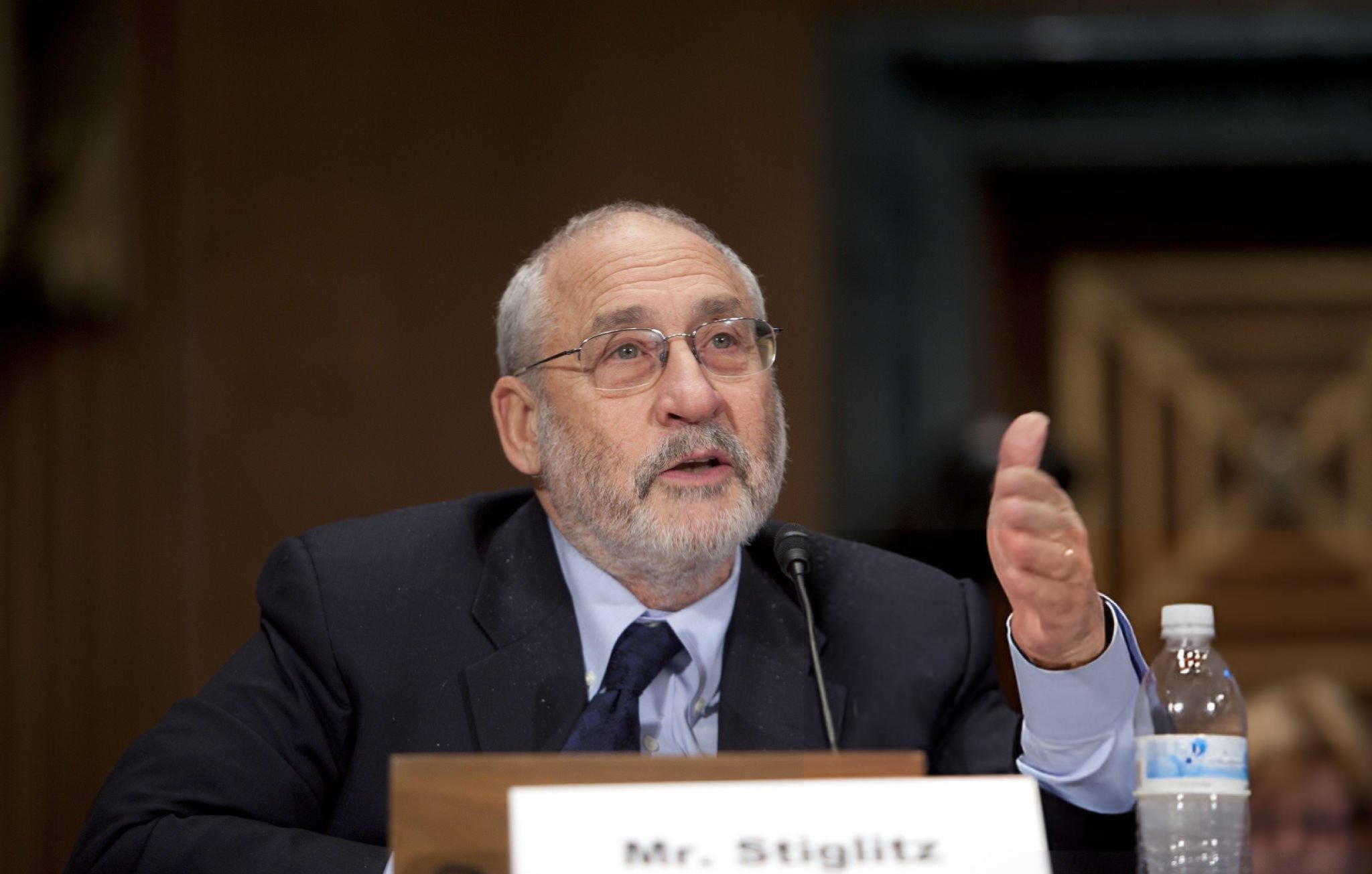UK-US trade deal ‘playing into Trump’s divide and conquer strategy’, warns nobel laureate Joseph Stiglitz
A Nobel Prize-winning economist has warned that the recently announced UK-US trade deal is aligning with Donald Trump’s wider ‘divide and conquer’ strategy, potentially undermining global cooperation and weakening the United Kingdom’s negotiating position on the world stage.
Speaking to sky news on saturday (11 may), renowned economist Professor Joseph Stiglitz, a former chief economist at the world bank and recipient of the nobel memorial prize in economic sciences, offered a scathing critique of the newly minted agreement between Prime Minister Sir Keir Starmer and the US President. The deal, which Trump hailed as a “historic agreement” during a joint press conference on thursday (9 may), has been seen by some observers as the culmination of months of diplomatic outreach from the UK government aimed at securing closer economic ties with Washington.
However, Professor Stiglitz cautioned that the agreement could prove to be a double-edged sword for Britain. “I would view it as playing into Trump’s strategy,” he told sky news. “His strategy is divide and conquer, go after the weakest countries, and sort of put the stronger countries in the back.”
Stiglitz argued that the UK, having already diminished its global leverage following Brexit, is now exposing itself further by engaging in bilateral deals with the US, rather than working collectively with European allies. “What the UK is doing is isolating itself further,” he warned, adding that Trump’s approach is to “pick off countries one by one” and force them into deals more favourable to the United States.
The new agreement, which covers a wide range of sectors including agriculture, digital services, pharmaceuticals, and defence technology, has been billed by both sides as a significant step towards deepening economic cooperation and strengthening the so-called ‘special relationship.’ Prime Minister Starmer described the deal as a “new chapter” in transatlantic relations, highlighting its potential to create jobs, boost investment, and foster innovation.
Yet, critics, including Stiglitz, fear that the UK may be giving away too much in its eagerness to secure the deal, particularly in sensitive areas like data privacy, food standards, and environmental regulations. Concerns have been raised over the prospect of lower US standards being imposed on British consumers and businesses, as well as the impact on the UK’s domestic industries, which may struggle to compete with larger american firms.
Moreover, some experts argue that the timing of the deal plays into Trump’s re-election campaign narrative, portraying him as a tough negotiator who can bring foreign governments to the table on his terms. The UK government, keen to showcase progress on the international stage amid domestic economic pressures, may have found itself outmanoeuvred in the process.
Professor Stiglitz suggested that the UK would have been better served by working in concert with the European Union and other democracies to set collective standards and present a united front in trade negotiations with the US. “Trump is not interested in multilateralism,” he said. “He prefers dealing with countries on a one-on-one basis, where he believes he can use America’s economic might to get what he wants.”
The Labour government, for its part, has defended the deal, insisting that it protects British standards and opens up new markets for UK exporters. In a statement, the department for business and trade said the agreement was a “balanced and fair deal” that “cements the UK’s place as a trusted trading partner of the US while upholding our commitments to workers, consumers, and the environment.”
Nevertheless, Stiglitz’s intervention is likely to fuel further debate over the UK’s post-brexit trade strategy and whether closer ties with washington can compensate for the loss of frictionless trade with the EU. As the geopolitical landscape becomes increasingly polarised, critics warn that Britain must tread carefully to avoid becoming a pawn in the larger game of global power politics.






